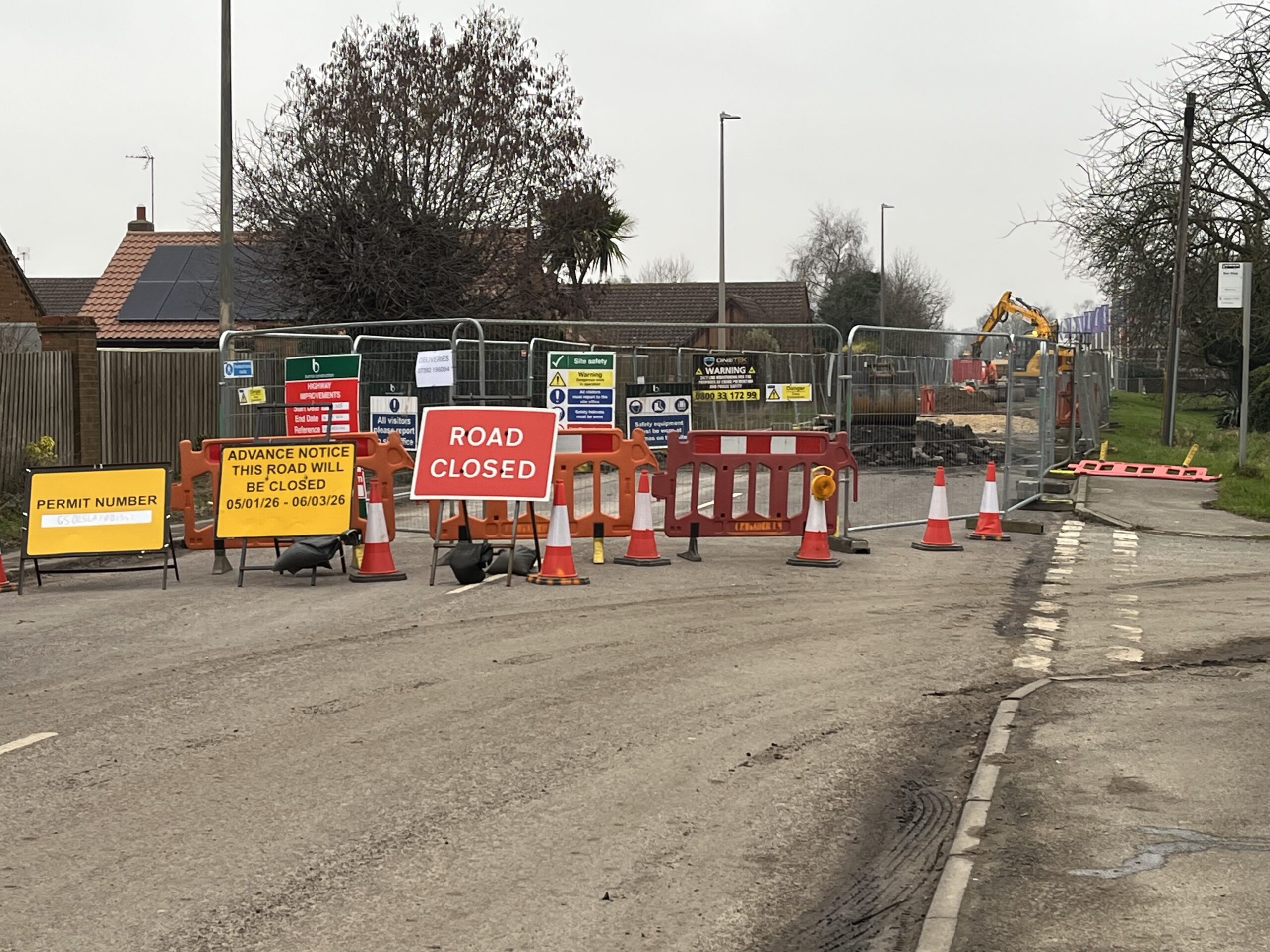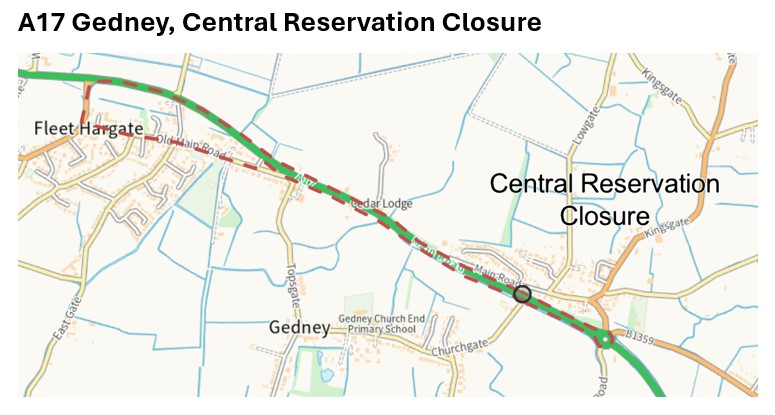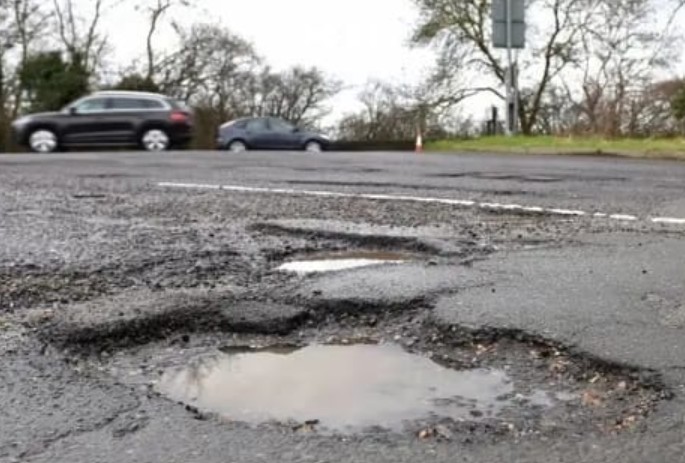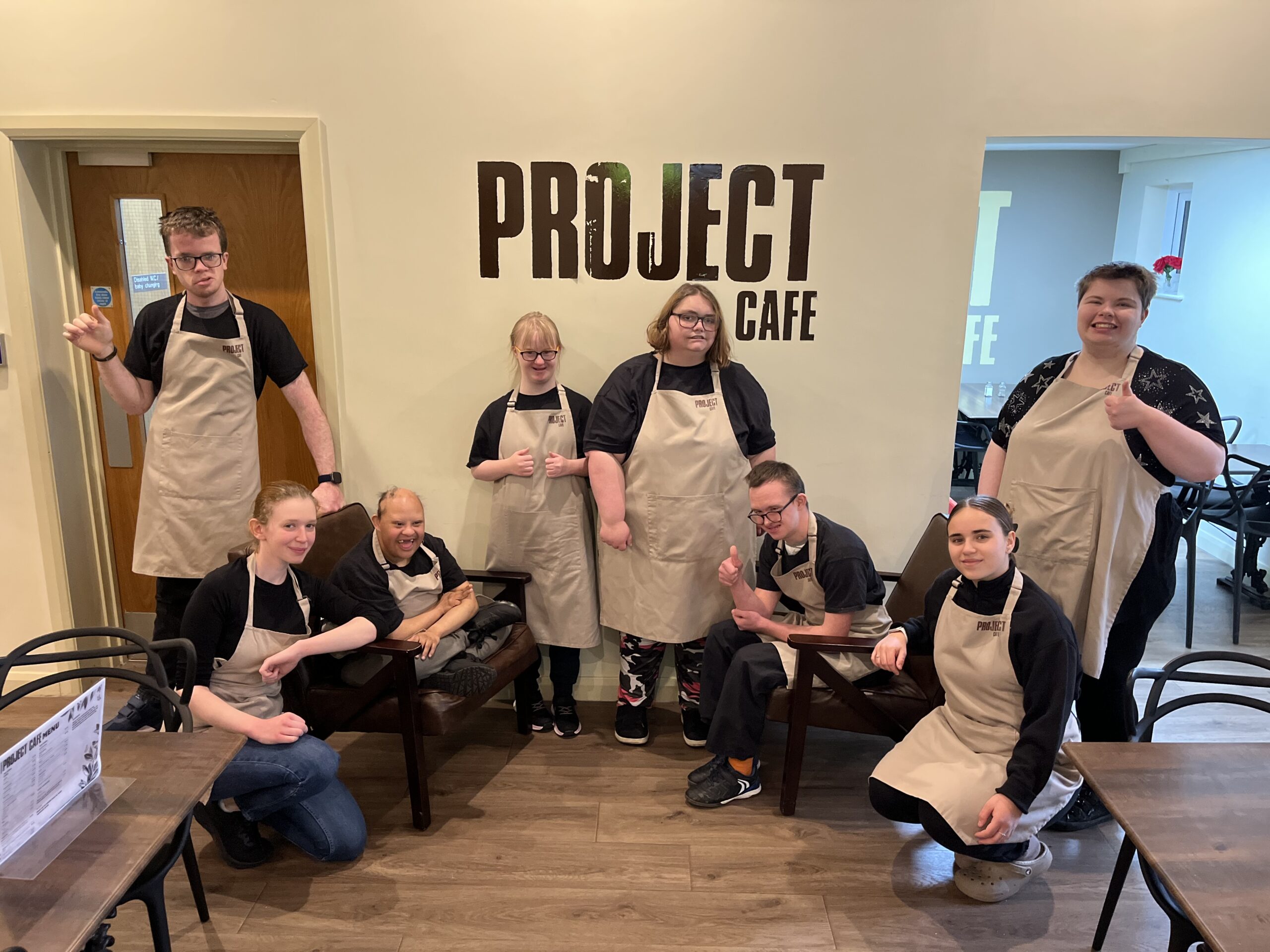The new Conservative government confirmed in the Queen’s Speech that it will hold a referendum by the end of 2017, asking voters: “Should the United Kingdom remain in the European Union?”
We canvassed opinion on membership as if affects South Holland.
 Coun Nick Worth, deputy leader of South Holland District Council and lead member for economic development: South Holland and my ward in particular (Hurn Ward) are heavily reliant on the food, flower and agricultural sector and the many service related industries that are linked to it, including the housing and construction industry.
Coun Nick Worth, deputy leader of South Holland District Council and lead member for economic development: South Holland and my ward in particular (Hurn Ward) are heavily reliant on the food, flower and agricultural sector and the many service related industries that are linked to it, including the housing and construction industry.
Much of the food related industry relies on workers from the European Union in what is a very competitive market and would struggle to survive without them. That has a knock-on effect for the many English workers in the industry whose jobs would then be at risk if we pulled out of the EU.
In my opinion coming out of the European Union would, as a consequence, be disastrous for businesses in South Holland, many of whom are also reliant on European funding, especially small businesses that make up a large part of South Holland’s economy, much of which comes through district and county councils, in itself providing many jobs in that sector.
We do need to get more control back from Europe, taking away power from the European Court and giving more power back to the Supreme Court in the UK, so that we are in control of our own destiny, particularly around human rights legislation, along with other renegotiation of powers back to the UK.
The Conservatives have already made clear they want reform of the UK’s immigration and labour market rules in order to reduce the demand for skilled migrant labour and crack down on the exploitation of low-skilled workers.
 Peter Bennett, head of legal firm Roythorne’s food and drink team: Going into a referendum on EU independence, the UK Government needs to ensure that the agricultural and food production that brings so much money and employment into the region is protected.
Peter Bennett, head of legal firm Roythorne’s food and drink team: Going into a referendum on EU independence, the UK Government needs to ensure that the agricultural and food production that brings so much money and employment into the region is protected.
Issues such as importing, exporting, employment and copyright, to name a few, are all affected by EU rules and these factors must be considered going into the vote.
For Spalding, the vote is vital as it is part of one of the largest and most progressive food production areas in the UK. Greater Lincolnshire accounts for ten per cent of English agriculture with 25 per cent of vegetable, 19 per cent of sugar beet, 17 per cent of chicken, 18 per cent of duck and 21 per cent of turkey production taking place in the region.
Five per cent of UK food processing jobs are in the region as well as sites belonging to the largest companies in the industry. The area is also firmly established as the centre of the UK fish processing sector with 70 per cent of the market.
The collective food chain is estimated to generate over £2.5bn of value to the local economy and employs 56,000 people in the area.
The impact of the sector on the both the local and national economy is much wider than farming and food processing – there is a vast range of service providers that depend on the industry including logistics, packaging manufacturing, professional and businesses services.
It is an economically invaluable sector on a regional and national scale that must be a key consideration for our government irrelevant of the outcome of the referendum.
 Ian Canham, chief executive of Broadgate Homes: From a business point of view, we source materials which often start their journey in the supply chain from the EU and the free trade area this encompasses.
Ian Canham, chief executive of Broadgate Homes: From a business point of view, we source materials which often start their journey in the supply chain from the EU and the free trade area this encompasses.
Any risk of trade tariffs being put in place is not something we would want and so would look to remain in the EU.
On a wider view, the subject is clearly devisive and the sooner there is a decision as to yes or no, the sooner the economy can move forward confidently along a definite path.






